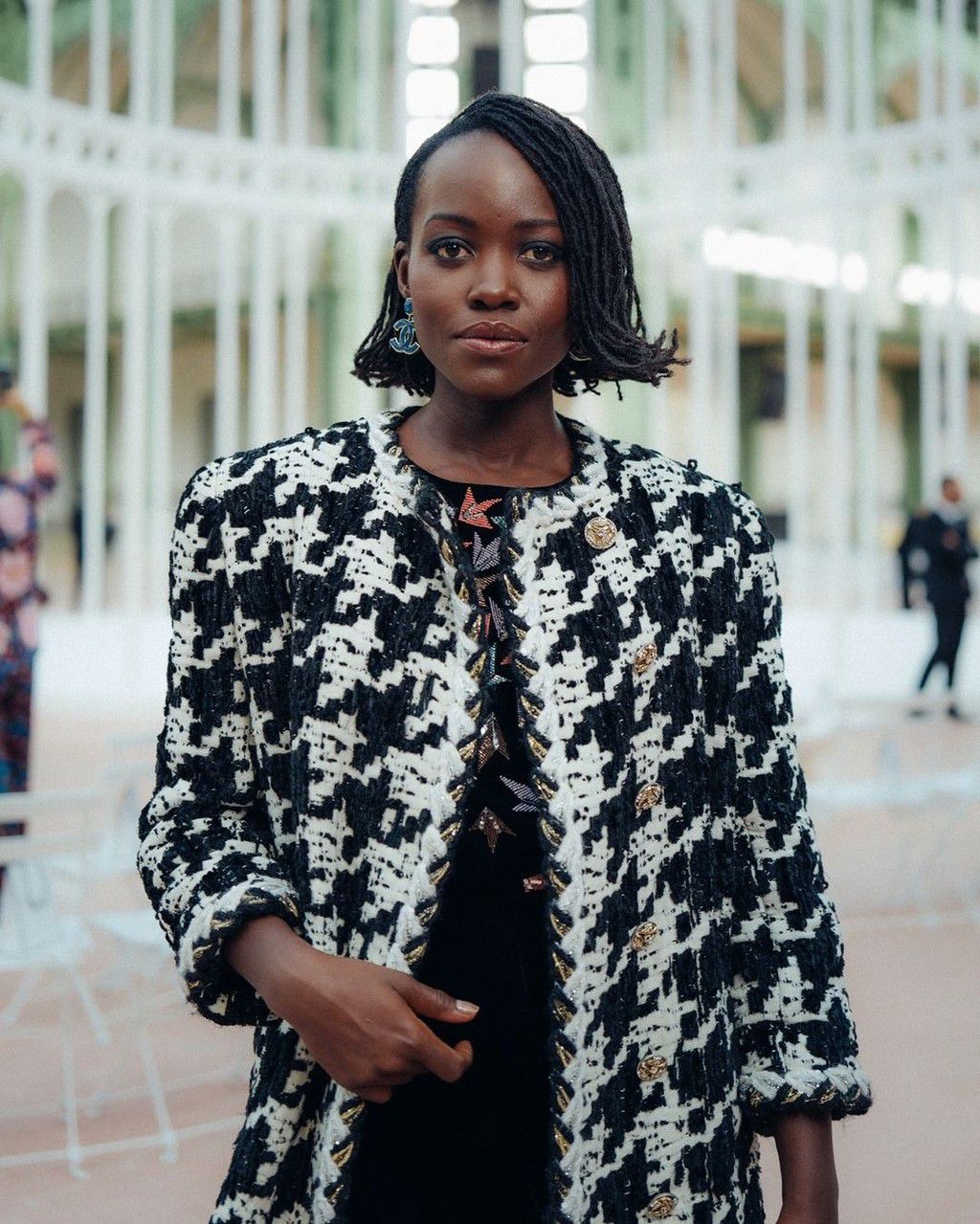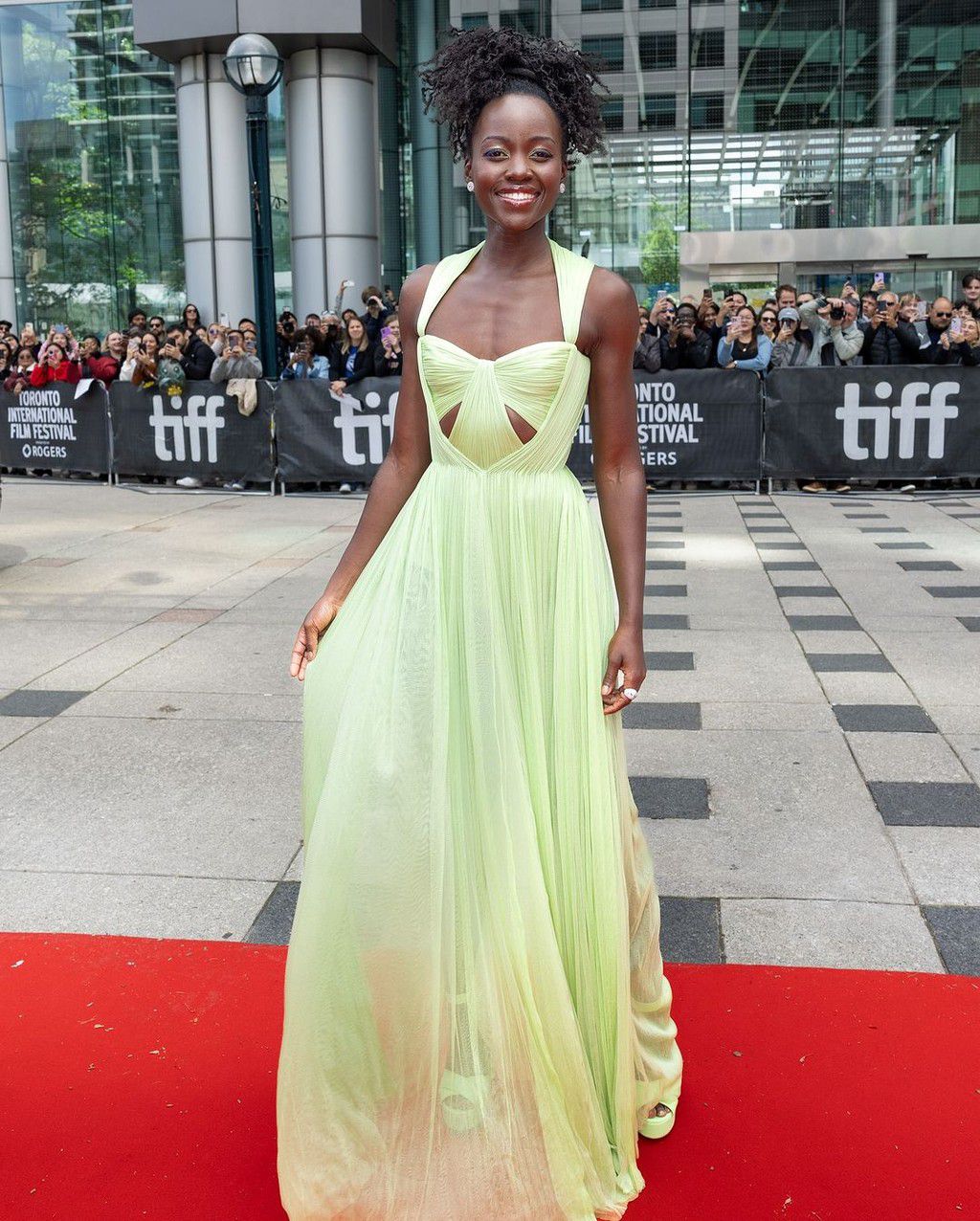Bold choices Lupita Nyong’o had to make when Hollywood tried to box her in
)
Lupita Nyong’o has opened up about the harsh reality behind Hollywood’s casting patterns, revealing that her historic Academy Award win did not lead to the creative freedom many expected.
In a recent conversation, the Kenyan star shared that the months following her Oscar win for 12 Years a Slave were filled with offers that repeated the same limited narrative, roles centred on suffering, slavery, and trauma.
“You’d think, ‘I’m gonna get lead roles here and there,’” she said.

“But they were like, ‘Oh, Lupita, we’d like you to play another movie where you’re a slave, but this time you’re on a slave ship.’ Those are the kinds of offers I was getting.”
Nyong’o noted that even as critics and commentators speculated about whether her career had peaked, she had to shut out the noise.
I had to deafen myself to all these pontificators because, at the end of the day, I’m not a theory, I’m an actual person.
She emphasised that her goal has always been to expand the range of stories told about Africans and Black women, even if it means turning down lucrative roles.
“I’d like to be a joyful warrior for changing the paradigms of what it means to be African,” she said.
And if that means I work one job less a year to ensure that I’m not perpetuating the stereotypes that are expected of people from my continent, then let me do that.
Her reflections highlight an ongoing industry challenge: the pigeonholing of Black actors into specific, trauma-centred storylines while limiting opportunities in genres like romance, comedy, adventure, and fantasy.
Lupita’s next years in film became a quiet rebellion against Hollywood’s narrow expectations.
Nyong’o stepped into global franchises that positioned her outside the constraints of her physical image.
As Maz Kanata in the Star Wars trilogy, she immersed herself in motion-capture acting, voicing a centuries-old alien whose presence shaped the saga’s mythology.
On stage, she returned to her roots with Eclipsed, a Danai Gurira–written production that centred African women beyond clichés, earning critical acclaim while reaffirming her commitment to storytelling with depth and intention.
In Queen of Katwe, she portrayed a resilient Ugandan mother guiding her daughter through the unlikely world of competitive chess.
Her performance grounded the film in tenderness and strength, reminding audiences that African stories can be uplifting, nuanced, and universal.
Then came a defining chapter: the Marvel Cinematic Universe. As Nakia in Black Panther, Nyong’o embraced a character who was neither sidekick nor stereotype, but a spy, a fighter, and a moral compass.
The film’s global success solidified her place as a cultural force and expanded the possibilities for African representation in blockbuster cinema.

She continued to stretch her range, moving from the haunting dual roles of Adelaide and Red in Jordan Peele’s Us, to the comedic chaos of Little Monsters, where she played a charming kindergarten teacher battling zombies.
Recent roles, from the apocalyptic tension of A Quiet Place: Day One to the emotional voicework of The Wild Robot, reflect her refusal to be boxed in, each project showcasing new shades of her versatility.
Through these choices, Nyong’o has built a career defined not by the role that won her the Oscar, but by the many roles she chose afterwards.
)
)
)
)
)
)
)